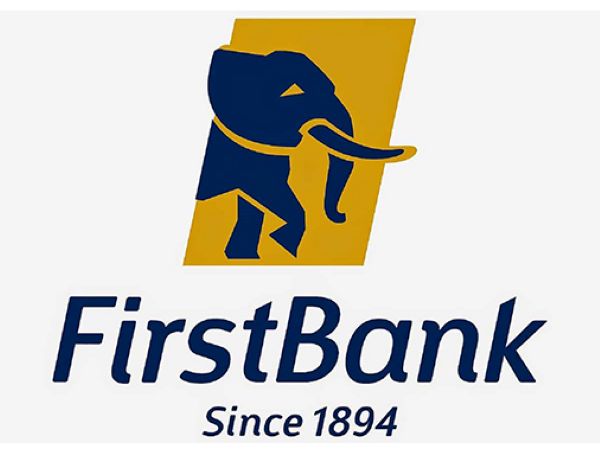Cybersecurity: First Bank Invests N15bn to Fortify Digital Systems Against Rising Threats

In a bold move to stay ahead of increasingly sophisticated cyberattacks, First Bank HoldCo Plc has disclosed it spent over ₦15 billion between January and June 2025 on cybersecurity infrastructure and digital threat mitigation — one of the most aggressive corporate cyber-defense strategies in Nigeria’s financial sector to date.
Speaking on the sidelines of the National Seminar on Banking and Allied Matters for Judges, Olusegun Alebiosu, CEO of First Bank HoldCo Plc, said the Bank invested ₦3 billion in June alone to reinforce its digital architecture and maintain what he described as “the most secure banking framework in the country.”
“No customer will lose their money in First Bank unjustly,” Alebiosu assured. “We pay back. Period.”
Cybercrime: The New Warfront in Banking
With Nigerian financial institutions increasingly targeted by cybercriminals — ranging from domestic fraud rings to transnational digital syndicates — banks are under immense pressure to not only secure customer data but also proactively detect and neutralize threats in real-time.
According to Alebiosu, the Bank’s digital defense protocol includes advanced intrusion detection systems, AI-based fraud analytics, and internal employee activity monitoring software. This ensures that even internal threats, such as staff-related fraud, are flagged and dealt with swiftly.
“You’d be shocked at the number of staff we quietly exit monthly due to digital misconduct,” he revealed.
Behind the Scenes: Why Fraud Investigations Take Time
Responding to customer concerns over delays in resolving fraudulent transactions, Alebiosu offered a peek behind the operational curtain.
He explained that every report of fraud triggers a multi-agency digital forensic investigation, often involving security agencies, interbank reconciliation teams, and transaction tracing across multiple platforms — a painstaking process that can’t be rushed if accuracy is to be ensured.
“Customers must understand that recovery is not a button you press. Funds often travel across several institutions before they’re traced and recovered,” he said.
Shared Responsibility: When Customers Drop the Ball
Interestingly, Alebiosu didn’t mince words when calling out customer negligence as a major contributor to rising fraud incidents.
From sharing ATM cards and PINs, to disclosing BVNs and compromising login credentials, he noted that many fraud cases begin with customers unknowingly aiding attackers.
“People forget the day they handed their card to a third party. That moment becomes a vulnerability,” he said.
Multi-Stakeholder Response Required
Alebiosu called for deeper synergy among banks, law enforcement agencies, regulators, and the judiciary to build a united front against cybercrime — a threat he believes could undermine public trust in Nigeria’s growing digital economy and foster Cyber Security if not swiftly addressed.
BRANDECONOMY Insight:
As Nigeria’s fintech and digital banking adoption accelerates, cybersecurity is no longer a back-office IT function — it’s a boardroom-level priority. First Bank’s ₦15bn cyber defense spend underscores the scale of the threat and the cost of trust in an increasingly digitized economy.
With over ₦3 billion spent in a single month on Cyber Security, First Bank is not just reacting to threats — it’s betting that a fortified digital fortress will define market leadership in the post-cash era.
In an age where data breaches can cause bank runs, Alebiosu’s message is clear: security is now the new customer service.












